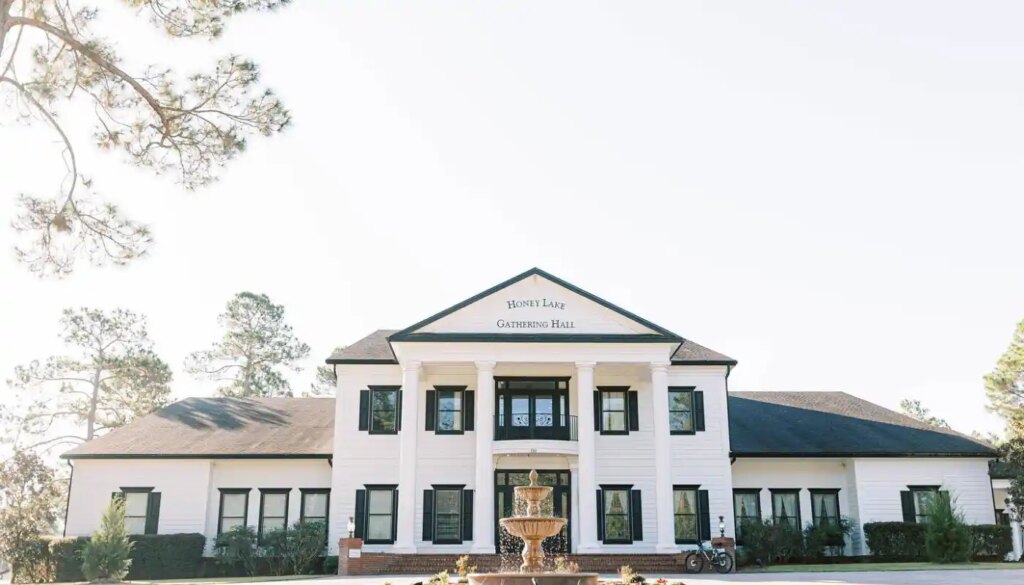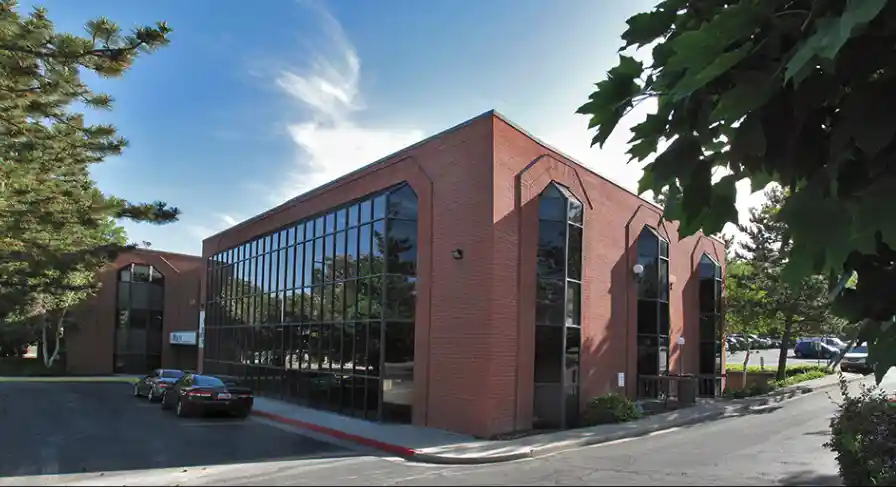









Non 12 Step Rehab refers to addiction treatment programs that don’t adhere to the conventional 12-step approach. While traditional programs emphasize community support and surrender to a higher power, Non 12 Step Rehab focuses primarily on the individual’s inner strength and personal accountability. This method often integrates various therapeutic practices to cater to the unique needs of each person, providing a more personalized and versatile treatment plan. Such an approach is vital for individuals who don’t resonate with the spiritual aspect of the 12 steps or who seek a more scientific and evidence-based treatment.
The core principles of Non 12 Step Rehab vary from program to program, but they generally share a set of foundational beliefs:
Individualized Approach: Each person battling addiction is unique, with distinct experiences and challenges. Non 12 Step Rehabs offer tailored treatment plans that consider the individual’s background, addiction severity, and mental health conditions.
Empowerment: Unlike the powerlessness emphasized in 12-step programs, Non 12 Step Rehabs encourage individuals to tap into their inherent power and control over their lives and recovery journey.
Evidence-Based Practices: These rehabs employ scientifically-backed therapies and interventions, such as Cognitive Behavioral Therapy (CBT), Dialectical Behavior Therapy (DBT), and medication-assisted treatment, to address addiction’s underlying causes effectively.
Holistic Healing: Non 12 Step programs often incorporate holistic therapies like yoga, meditation, nutrition counseling, and exercise into their treatment plans, promoting overall well-being and health.
Continuous Support: Recovery is an ongoing process. Non 12 Step Rehabs provide support during and after treatment, often through aftercare programs, counseling, and access to community resources.
The 12 Step and Non 12 Step rehab programs significantly differ in their approaches to addiction treatment and recovery. While the 12 Step approach emphasizes spiritual principles and community support, Non 12 Step Programs focus on individual empowerment and often employ evidence-based therapies. The 12 Step model often requires acknowledgment of powerlessness over addiction, whereas Non 12 Step Programs encourage individuals to take control of their lives, emphasizing personal responsibility and inner strength.
Comparing success rates between 12 Step and Non 12 Step programs is challenging due to the variation in methodologies and participant demographics. Nonetheless, some individuals might find greater success with Non 12 Step Programs because of their personalized and versatile approach to treatment. Non 12 Step Programs often provide more options for therapy and treatment modalities, allowing for a broader and more adaptable recovery process. It’s crucial for prospective participants to research and consider the success rates of specific programs, bearing in mind that individual experiences and results may vary.
Non 12 Step Programs typically offer more flexibility than their 12 Step counterparts. With a diverse range of therapies and treatments available, participants can engage in a recovery plan tailored to their unique needs and preferences. In contrast, 12 Step Programs often follow a more structured and uniform approach, which might not suit everyone. The individualized focus of Non 12 Step Programs allows for consideration of each person’s unique circumstances, addiction history, and mental health status, leading to a more personalized and effective treatment experience.
While 12 Step Programs primarily revolve around group meetings and spiritual principles, Non 12 Step Programs incorporate various therapies to aid in recovery. These might include cognitive-behavioral therapy (CBT), dialectical behavior therapy (DBT), medication-assisted treatment (MAT), and other evidence-based practices. The inclusion of various therapies allows Non 12 Step Programs to address the multifaceted nature of addiction, considering both the physical and psychological aspects of the condition.
The 12 Step approach is inherently spiritual, often incorporating belief in a higher power as a fundamental aspect of recovery. On the other hand, Non 12 Step Programs may offer secular alternatives, which can be particularly appealing to individuals who do not identify with or subscribe to specific religious or spiritual beliefs. Non 12 Step Programs provide an inclusive and open environment where people from all walks of life and belief systems can find support and assistance in their recovery journey.
Non 12 Step Rehab programs shine in their ability to offer highly personalized treatment plans to participants. Recognizing that each individual’s journey with addiction is distinct, these programs tailor their therapies and interventions to suit the unique needs, backgrounds, and goals of each participant. This level of personalization often results in more effective and meaningful recovery experiences.
One of the standout features of Non 12 Step Rehab is its concentrated effort to address the underlying issues that contribute to addiction. Instead of solely focusing on the addiction itself, these programs delve deeper into exploring the root causes, which often include trauma, mental health disorders, and life stresses. By targeting these foundational problems, Non 12 Step Rehab provides participants with tools and insights to achieve long-lasting recovery.
For those who feel uncomfortable with the spiritual component present in traditional 12 Step Programs, Non 12 Step Rehab offers an alternative that separates emotional support from spiritual beliefs. Participants receive the emotional and psychological backing they need without feeling compelled to adopt or engage with spiritual principles that may not align with their personal beliefs or values.
Non 12 Step Rehab introduces participants to a wide range of therapeutic options, both conventional and alternative. From Cognitive Behavioral Therapy (CBT) and Dialectical Behavior Therapy (DBT) to holistic therapies like yoga, meditation, and nutrition counseling, individuals can explore and engage in various activities and therapies that resonate with them and effectively support their recovery process.
Recognizing that recovery is an ongoing process, Non 12 Step Rehab programs often include aftercare planning and support as part of their treatment approach. These provisions ensure that participants continue to receive the help and resources they need after completing the program, assisting them in maintaining sobriety and navigating life post-rehab with confidence and support.
Many Non 12 Step Rehabs adopt a holistic approach to recovery, viewing individuals as whole beings comprised of mind, body, and spirit. This perspective allows for the integration of treatments and therapies that address all aspects of a person’s life, promoting overall well-being, balance, and health in addition to treating addiction.
Empowering participants is at the core of Non 12 Step Rehab programs. Instead of promoting a sense of powerlessness, these programs encourage individuals to take control and responsibility for their lives and recovery. This empowerment fosters a sense of self-efficacy and confidence, crucial components in building a resilient and sustainable sober life.
Absolutely. Many individuals find Non 12 Step Rehab programs to be incredibly effective, especially those who struggle with the spiritual component of 12 Step Programs. The individualized treatment plans, diverse therapy options, and focus on empowerment and personal responsibility often lead to successful long-term recovery.
Certainly. If you feel that a 12 Step Program isn’t aligning with your beliefs or meeting your needs, you can definitely explore Non 12 Step Rehab options. It’s vital to choose a program that resonates with you for the best chances of long-term recovery.
Non 12 Step Rehab programs vary in length, typically ranging from 30 to 90 days, depending on the individual’s needs and the severity of the addiction. Some programs offer extended or outpatient care for those who require ongoing support.
Many Non 12 Step Rehabs incorporate medical and psychological expertise and treatments into their programs. They often utilize evidence-based therapies, medication-assisted treatment, and the support of healthcare professionals to provide comprehensive care to participants.
Non 12 Step Rehab programs can effectively address various addictions, including alcohol, drugs, gambling, and more. They often offer specialized treatments for different types of addiction, ensuring participants receive the appropriate care and support they need.
Enrollment processes for Non 12 Step Rehab programs may vary. Generally, it involves reaching out to the facility, undergoing an assessment or intake interview, and then working with professionals to develop a personalized treatment plan. It’s advisable to contact the specific rehab center you’re interested in for detailed enrollment information and guidance.